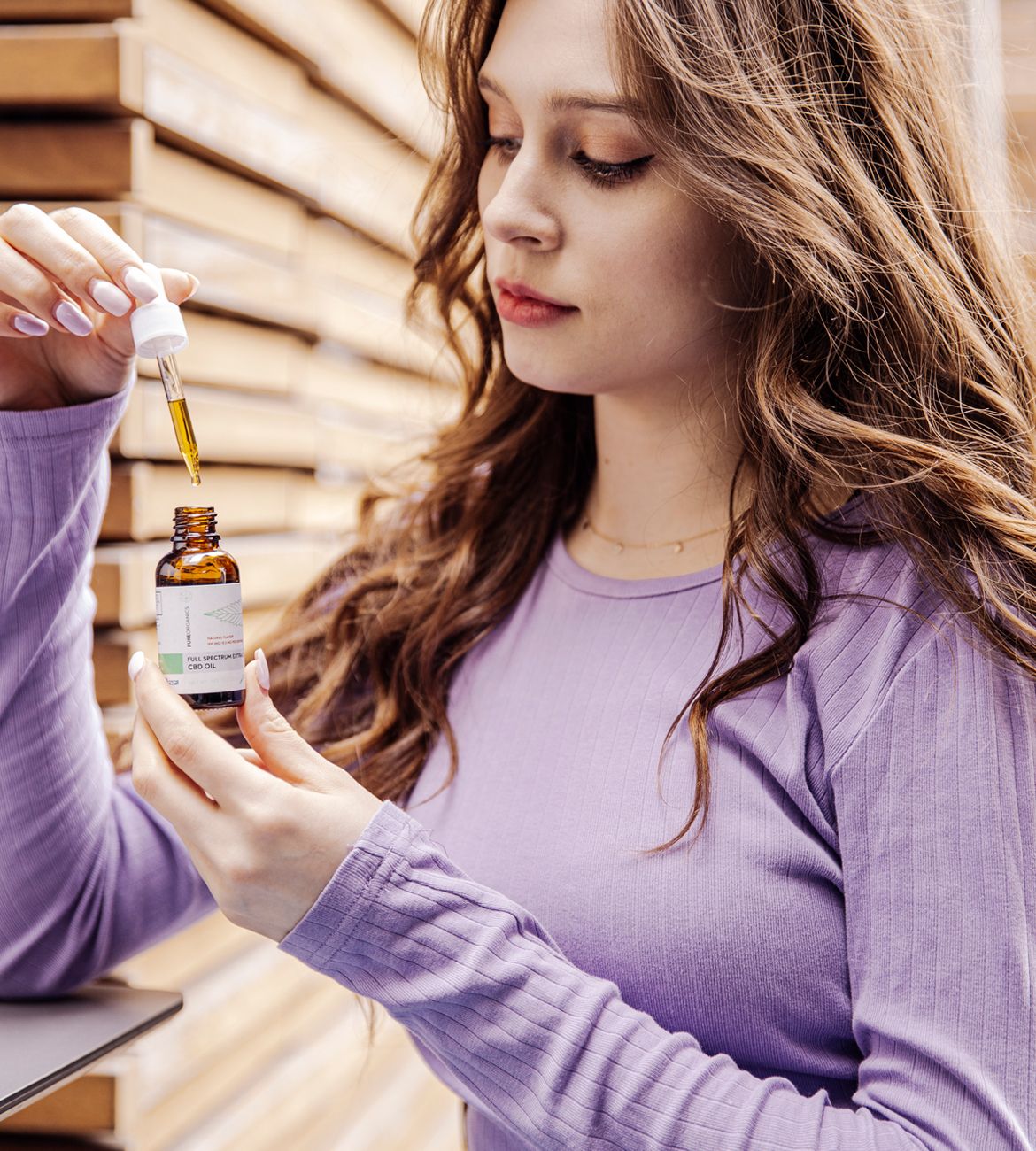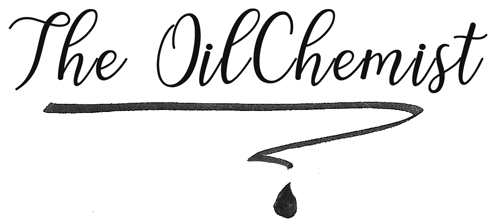
In recent years, CBD (cannabidiol), a compound derived from the cannabis plant, has rapidly gained popularity due to its reported health benefits, including pain relief, anxiety reduction, and better sleep. However, as CBD comes from the same plant that produces marijuana, many people are concerned about how CBD use could impact regular drug testing. This blog post aims to dispel some of the confusion and provide clear information on CBD and drug testing.
Understanding CBD
Before we delve into the relationship between CBD and drug testing, it’s important to understand what CBD is and how it differs from other compounds found in the cannabis plant.
CBD is one of over a hundred compounds known as cannabinoids that are found in cannabis plants. Unlike THC (tetrahydrocannabinol), the primary psychoactive compound in marijuana that causes a “high,” CBD is not psychoactive. This means that consuming CBD will not alter your state of mind.
CBD and Drug Testing
The main concern for many people using CBD is whether it will show up on a drug test. Drug tests usually look for THC, not CBD. However, that doesn’t mean you’re in the clear just because you’re using CBD.
Full-Spectrum, Broad-Spectrum, and CBD Isolate
The type of CBD product you use could affect whether THC shows up on a drug test. CBD products are typically available in three types: full-spectrum, broad-spectrum, and CBD isolate.
Full-spectrum CBD products contain all the cannabinoids found in the cannabis plant, including both CBD and THC. Broad-spectrum CBD products contain a range of cannabinoids but are typically THC-free. CBD isolate products contain only CBD, with all other cannabinoids removed.
Therefore, if you use full-spectrum CBD products, there’s a chance you could test positive for THC, even though the levels are usually below the psychoactive threshold. Conversely, if you use broad-spectrum or CBD isolate products, you’re less likely to test positive for THC on a drug test.
Consider the Source
Another factor to consider is where your CBD products are sourced from. CBD can be derived from both marijuana and hemp plants. While they’re both cannabis plants, marijuana usually contains higher levels of THC, while hemp must contain 0.3% THC or less by law in many areas.
If your CBD product is sourced from hemp and properly manufactured, it should contain minimal THC. However, manufacturing standards can vary, and some products may contain more THC than advertised.
Conclusion
While CBD itself should not result in a positive drug test, the presence of THC in certain CBD products means there is always a risk. It’s crucial to understand the type of CBD product you’re using and where it comes from. If you have to undergo regular drug testing and wish to use CBD, consider speaking to a healthcare provider or a professional in the CBD industry to ensure you’re making a safe choice.
Remember, though the landscape of CBD is ever-evolving, being informed is your best defense. Always purchase CBD products from reputable sources and do your due diligence before adding CBD to your wellness routine, particularly if you are subject to regular drug testing.
Disclaimer: This blog post is intended for informational purposes only and should not be used as a substitute for professional medical advice, diagnosis, or treatment. Always consult your healthcare provider before starting any new medication or supplement, including CBD products.
